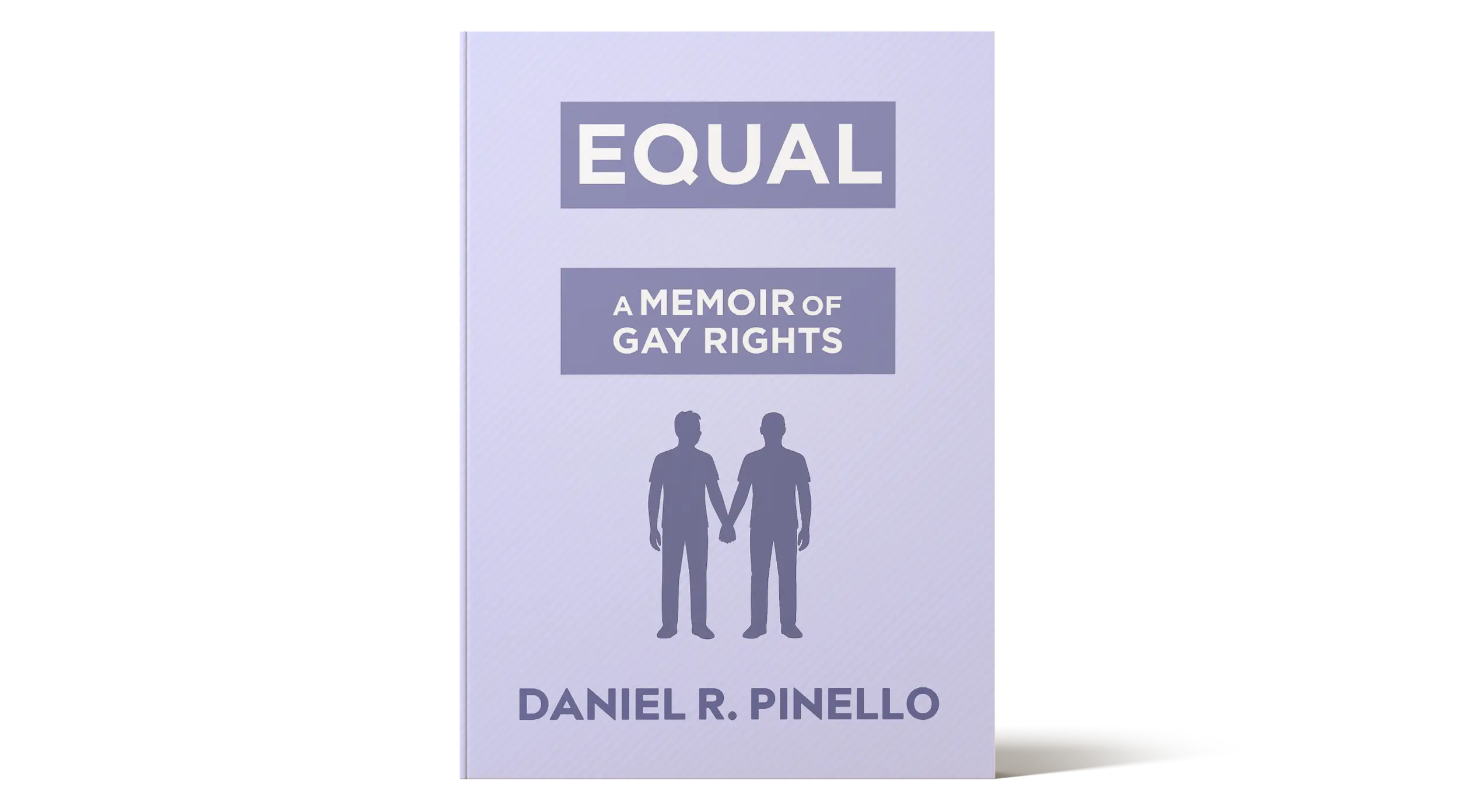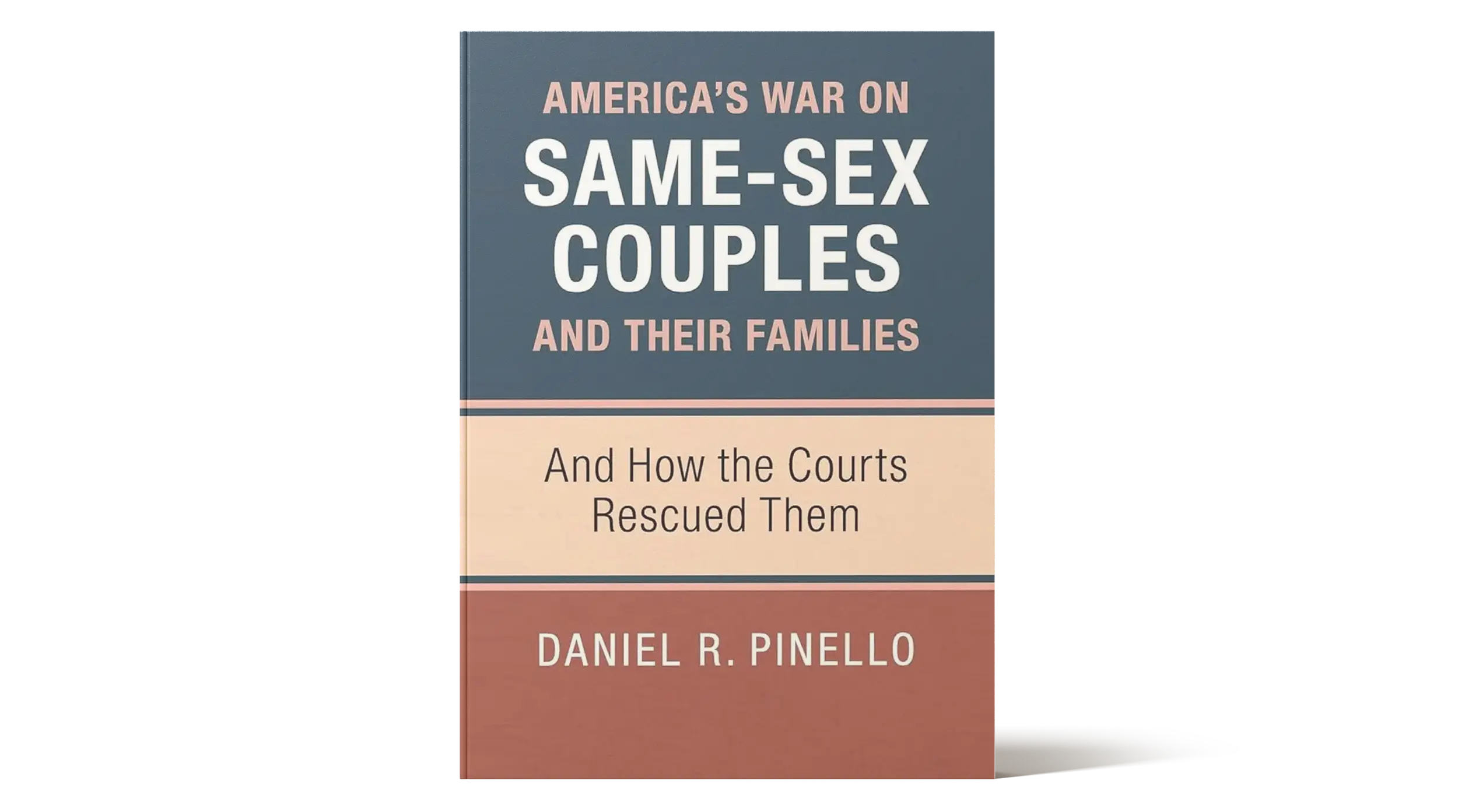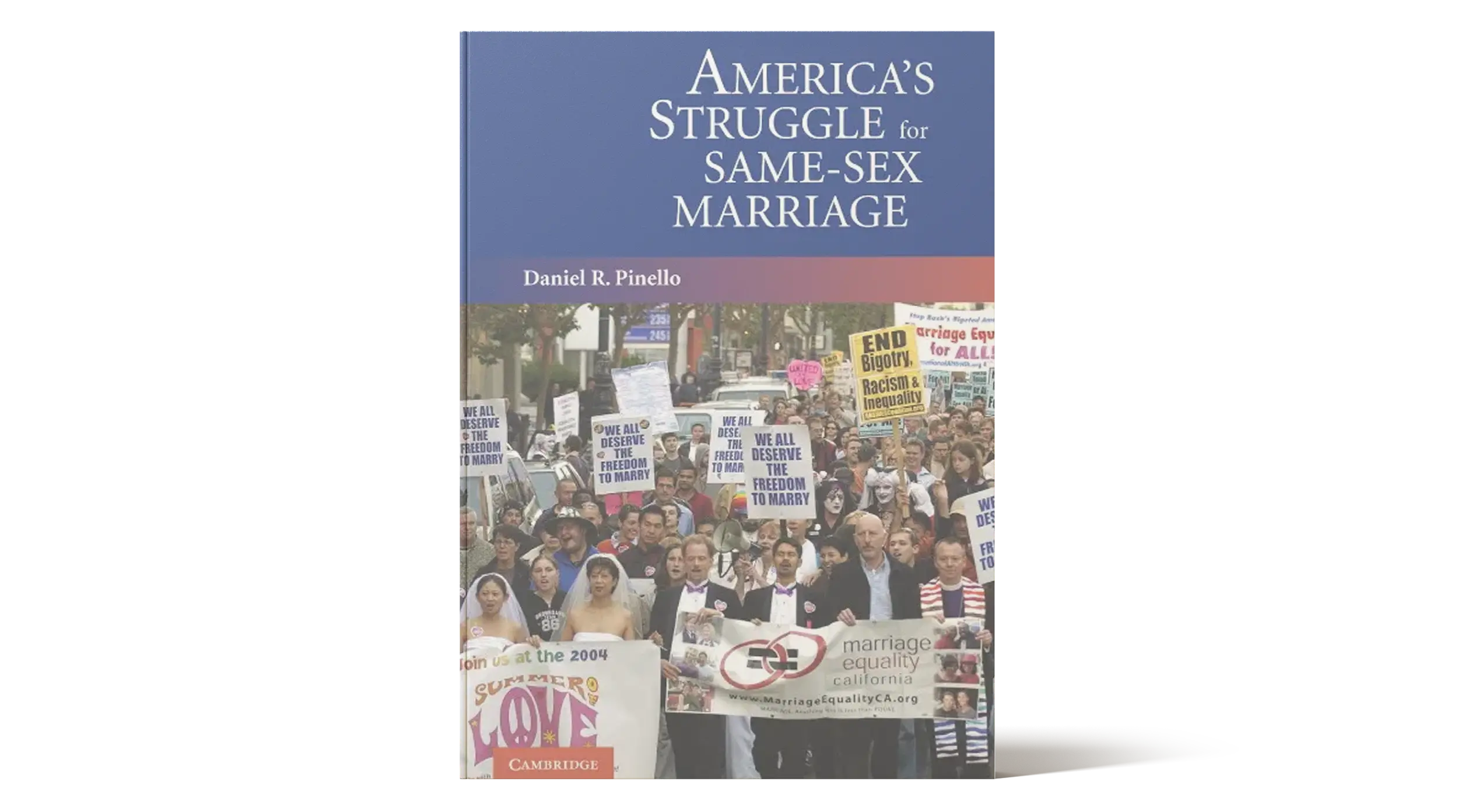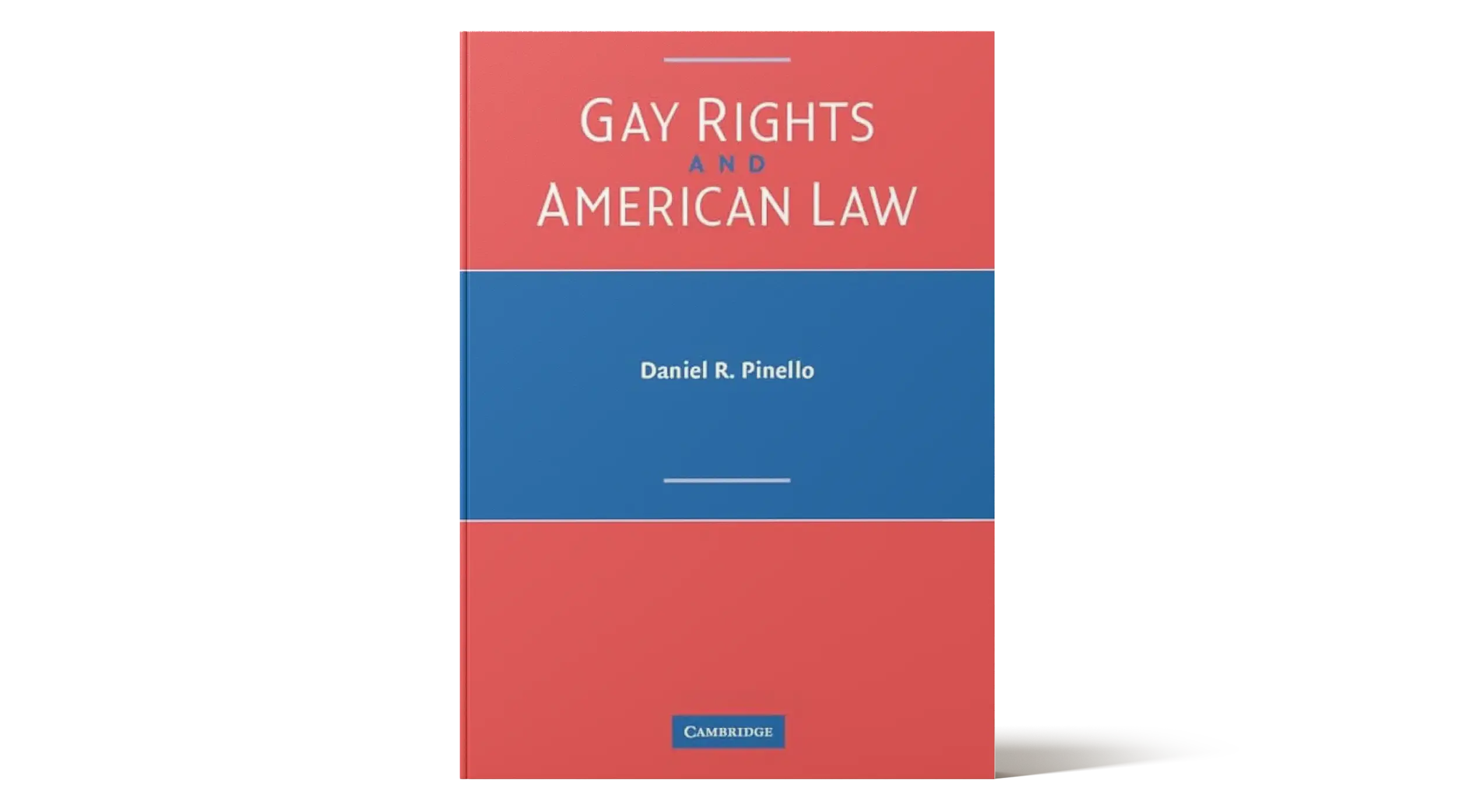Padula v. Webster
U.S. Court of Appeals, District of Columbia Circuit
822 F.2d 97
June 26, 1987
SILBERMAN, Circuit Judge:
Appellant Margaret A. Padula alleges that the Federal Bureau of Investigation (“FBI” or “Bureau”) refused to employ her as a special agent because of her homosexuality, in violation of both Bureau policy and the equal protection guarantee of the Constitution. Ruling on a motion for summary judgment, the district court rejected both these challenges, concluding that the hiring decision was committed to the FBI’s discretion by law and did not infringe upon appellant’s constitutional rights. We affirm.
I.
The FBI’s policy towards employing homosexuals has been in some flux. Eight years ago, the Bureau formally represented to this court that it “has always had an absolute policy of dismissing proven or admitted homosexuals from its employ.” Ashton v. Civiletti, 613 F.2d 923, 926 (D.C.Cir.1979). Two months later, FBI Director Webster issued a somewhat different formulation of the Bureau’s position toward homosexuality:
Now we treat it as a factor, and I must say in candor, it’s a significant factor. It’s a troublesome thing; I hope that the particular case will be handled with fairness and justice and I hope that at some point we will have a better understanding of the problem and the policy that should be addressed to it.
Several law schools, concerned with possible discrimination toward their homosexual students during the job recruitment season, requested clarification of the FBI’s policy. John Mintz, an Assistant Director of the FBI and the FBI’s Legal Counsel, assumed responsibility for answering these queries. On July 31, 1980, he wrote to Professor Marina Angel of the Temple University School of Law that:
The FBI’s focus in personnel matters has been and continues to be on conduct rather than status or preference and we carefully consider the facts in each case to determine whether the conduct may affect the employment. At the same time, we recognize individual privacy rights of applicants and employees.
In other letters to law school officials, Mintz stated that “individual sexual orientation, whether homosexual or heterosexual, may involve secret conduct that is relevant to employment in the FBI in that it increases employee susceptibility to compromise or breach of trust.” He added, however, that “we are confident that the FBI has not engaged in improper discrimination regarding sexual orientation.” Mintz also assured one law school dean that administrative action is taken not “simply because of … sexual orientation” but homosexual conduct is a significant factor in such decisions. When pressed for clarification, Mintz conceded that
in fairness … based upon experience, I can offer no specific encouragement that a homosexual applicant will be found who satisfies all of the requirements…. In any event, each case is reviewed independently for an objective determination of suitability.
In the summer of 1982, Padula applied for a position as a special agent with the FBI. On the basis of a written examination and an interview, the FBI ranked her 39th out of 303 qualified female applicants and 279th out of 1273 male and female applicants. Following these screening tests, the FBI conducted a routine background check. In addition to revealing favorable information about the applicant’s abilities and character, the background investigation disclosed that appellant is a practicing homosexual. At a follow-up interview, Padula confirmed that she is a homosexual–explaining that although she does not flaunt her sexual orientation, she is unembarrassed and open about it and it is a fact well known to her family, friends and co-workers.
On October 19, 1983, the Bureau notified Padula that it was unable to offer her a position; her subsequent attempt to obtain reconsideration of the decision was denied. It was explained to her that her application had been evaluated in the same manner as all others, but had been rejected due to intense competition. Seventeen months later, Padula filed suit in the United States District Court for the District of Columbia. She alleged the FBI’s decision not to hire her was based solely on the fact that she was a homosexual and that this decision violated the Bureau’s “stated policy” not to discriminate on the basis of an applicant’s sexual orientation. She also charged that the decision violated her constitutional rights to privacy, equal protection and due process under the first, fourth, fifth and ninth amendments to the Constitution.
In a memorandum opinion and order issued on November 15, 1985, the district court granted the FBI’s motion for summary judgment. The court found that the FBI had not adopted a binding policy regarding the hiring of homosexuals and that it therefore was free to determine on a case-by-case basis whether to hire a particular homosexual applicant. In reaching this decision, the court examined various FBI memoranda and letters unearthed by Padula during discovery. Addressing the constitutional claim, the court found that the challenged classification of homosexuals need only satisfy a “minimum standard of rationality,” a standard the court held was “clearly met in this case.”
On appeal, we address two issues: first, whether the appointment decisions of the FBI are subject to judicial review in the absence of reliance upon constitutionally impermissible factors, and second, whether the alleged classification of homosexual applicants violated the equal protection mandate of the Constitution.
III.
We turn to the constitutional claim. Padula alleges that the FBI refused to hire her solely because of her homosexuality and that this action denied her the equal protection of the law guaranteed by the fourteenth amendment. She urges us to recognize homosexuality as a suspect or quasi- suspect classification. A suspect classification is subjected to strict scrutiny and will be sustained only if “suitably tailored to serve a compelling state interest.” City of Cleburne v. Cleburne Living Center, 473 U.S. 432 (1985), whereas under heightened scrutiny given to a quasi-suspect class, the challenged classification must be “substantially related to a legitimate state interest.” Mills v. Habluetzel, 456 U.S. 91, 99 (1982).
We perceive ostensible disagreement between the parties as to the description of the class in question. The government insists the FBI’s hiring policy focuses only on homosexual conduct, not homosexual status. By that, we understand the government to be saying that it would not consider relevant for employment purposes homosexual orientation that did not result in homosexual conduct. Plaintiff rejects that distinction, suggesting that “homosexual status is accorded to people who engage in homosexual conduct, and people who engage in homosexual conduct are accorded homosexual status.” But whether or not homosexual status attaches to someone who does not–for whatever reason– engage in homosexual conduct, appellant does not claim those circumstances apply to her. The parties’ definitional disagreement is therefore irrelevant to this case. The issue presented us is only whether homosexuals, when defined as persons who engage in homosexual conduct, constitute a suspect or quasi-suspect classification and accordingly whether the FBI’s hiring decision is subject to strict or heightened scrutiny.
The Supreme Court has used several explicit criteria to identify suspect and quasi-suspect classifications. In San Antonio School Dist. v. Rodriguez, 411 U.S. 1 (1973), the Court stated that a suspect class is one “saddled with such disabilities, or subjected to such a history of purposeful unequal treatment, or relegated to such a position of political powerlessness as to command extraordinary protection from the majoritarian political process.” The immutability of the group’s identifying trait is also a factor to be considered. See Frontiero v. Richardson, 411 U.S. 677, 686 (1973). However, the Supreme court has recognized only three classifications as suspect: race, Loving v. Virginia, 388 U.S. 1, 11 (1967), alienage, Graham v. Richardson, 403 U.S. 365, 372 (1971); but see Ambach v. Norwick, 441 U.S. 68, 72-75 (1979), and national origin, Korematsu v. United States, 323 U.S. 214, 216 (1944); and two others as quasi-suspect: gender, Mississippi University for Women v. Hogan, 458 U.S. 718, 723-24 (1982), and illegitimacy, Lalli v. Lalli, 439 U.S. 259, 265 (1978). Appellant, asserting that homosexuals meet all the requisite criteria, would have us add homosexuality to that list. Appellees, on the other hand, contend that two recent cases, Bowers v. Hardwick, 478 U.S. 186 (1986), and Dronenburg v. Zech, 741 F.2d 1388 (D.C.Cir.1984), are insurmountable barriers to appellant’s claim. We agree.
In Dronenburg, a naval petty officer claimed violation of his constitutional rights to privacy and to equal protection of the laws because he was discharged from the Navy for engaging in homosexual conduct. A panel of this court rejected the claim, holding that “we can find no constitutional right to engage in homosexual conduct and, … as judges, we have no warrant to create one.” Although the court’s opinion focused primarily on whether the constitutional right to privacy protected homosexual conduct, the court reasoned that if the right to privacy did not provide protection “then appellant’s right to equal protection is not infringed unless the Navy’s policy is not rationally related to a permissible end.” The unique needs of the military, the court concluded, justified discharge for homosexual conduct.
Dronenburg anticipated by two years the Supreme Court’s decision in Hardwick, in which the Court upheld a Georgia law criminalizing sodomy against a challenge that it violated the due process clause. In Hardwick, the Court explained that the right to privacy as defined in its previous decisions inheres only in family relationships, marriage and procreation and does not extend more broadly to all kinds of private sexual conduct between consenting adults. Putting the privacy precedent aside, the Court further concluded that a right to engage in consensual sodomy is not constitutionally protected as a fundamental right since it is neither “implicit in the concept of ordered liberty,” (quoting Palko v. Connecticut, 302 U.S. 319, 325-26 (1937)), nor “deeply rooted in this Nation’s history and tradition.” (quoting Moore v. East Cleveland, 431 U.S. 494, 503 (1977) (opinion of Powell, J.)). Accordingly, the Court’s review of the Georgia statute inquired only whether a rational basis for the law existed. And the Court determined that the presumed beliefs of the Georgia electorate that sodomy is immoral provide an adequate rationale for criminalizing such conduct.
Padula argues that both Dronenburg and Hardwick are inapposite because they addressed only the scope of the privacy right, not what level of scrutiny is appropriate under equal protection analysis. But as we have noted, Dronenburg did involve an equal protection claim. Although the court did not explicitly consider whether homosexuals should be treated as a suspect class, it seemed to regard that question settled by its conclusion that the Constitution does not afford a privacy right to engage in homosexual conduct. In Hardwick, to be sure, plaintiffs did not rely on the equal protection clause, but after the Court rejected an extension of the right to privacy, it responded to plaintiffs’ alternate argument that the Georgia law should be struck down as without rational basis (under the due process clause) since it was predicated merely on the moral judgment of a majority of the Georgia electorate. The Court summarily rejected that position, refusing to declare the Georgian majoritarian view “inadequate” to meet a rational basis test. We therefore think the courts’ reasoning in Hardwick and Dronenburg forecloses appellant’s efforts to gain suspect class status for practicing homosexuals. It would be quite anomolous, on its face, to declare status defined by conduct that states may constitutionally criminalize as deserving of strict scrutiny under the equal protection clause. More importantly, in all those cases in which the Supreme Court has accorded suspect or quasi-suspect status to a class, the Court’s holding was predicated on an unarticulated, but necessarily implicit, notion that it is plainly unjustifiable (in accordance with standards not altogether clear to us) to discriminate invidiously against the particular class. E.g. compare Frontiero v. Richardson, 411 U.S. 677, 686-87 (1973) (statutory distinctions between the sexes often invidiously relegate women to inferior positions); with Massachusetts Board of Retirement v. Murgia, 427 U.S. 307, 313 (1976) (aged have not been subject to invidious discrimination justifying extra protection from the political process). If the Court was unwilling to object to state laws that criminalize the behavior that defines the class, it is hardly open to a lower court to conclude that state sponsored discrimination against the class is invidious. After all, there can hardly be more palpable discrimination against a class than making the conduct that defines the class criminal. Accord Baker v. Wade, 769 F.2d 289, 292 (5th Cir.1985); Rich v. Secretary of the Army, 735 F.2d 1220, 1229 (10th Cir.1984).
That does not mean, however, that any kind of negative state action against homosexuals would be constitutionally authorized. Laws or government practices must still, if challenged, pass the rational basis test of the equal protection clause. A governmental agency that discriminates against homosexuals must justify that discrimination in terms of some government purpose. Appellants did not specifically argue that the FBI’s practices challenged here failed that lesser examination–perhaps because the Supreme Court in Hardwick rejected a similar rational basis argument under the due process clause. But assuming the argument is implicit in their equal protection challenge, we think it was squarely rejected in Dronenburg. In Dronenburg, the court held that it was rational for the Navy to conclude that homosexual conduct was detrimental to the maintenance of morale and discipline. The court observed that homosexuality “generate[s] dislike and disapproval among many … who find it morally offensive,” and, moreover, is criminalized in many states.
The FBI, as the Bureau points out, is a national law enforcement agency whose agents must be able to work in all the states of the nation. To have agents who engage in conduct criminalized in roughly one-half of the states would undermine the law enforcement credibility of the Bureau. Perhaps more important, FBI agents perform counterintelligence duties that involve highly classified matters relating to national security. It is not irrational for the Bureau to conclude that the criminalization of homosexual conduct coupled with the general public opprobrium toward homosexuality exposes many homosexuals, even “open” homosexuals, to the risk of possible blackmail to protect their partners, if not themselves. We therefore conclude the Bureau’s specialized functions, like the Navy’s in Dronenburg, rationally justify consideration of homosexual conduct that could adversely affect that agency’s responsibilities. The judgment of the district court is hereby
Affirmed.



